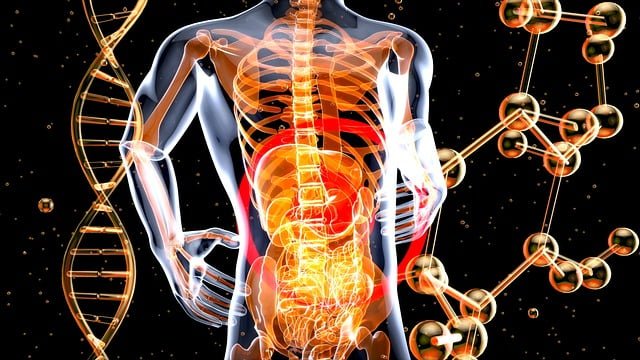Imagine your digestive system as a sophisticated engine driving a sophisticated machine, operating nonstop to assist immunity, break down nutrients, and preserve general health. However, this engine is often disregarded until problems arise. Nonetheless, it is crucial to your overall health, affecting everything from immunological response and energy levels to mental well-being.
Gut Microbiome: The Symphony of Good Bacteria
Your digestive system is home to a vibrant colony of billions of bacteria called the gut microbiome. These microbes—bacteria, viruses, and fungi—are not only inert members of the environment; they actively support a number of biological processes, such as immunity, digestion, and even mood control. For general health, a varied and healthy gut microbiota is essential. The breakdown of complex carbs and fibers into short-chain fatty acids, which are necessary for colon cell nutrition and the preservation of the gut barrier, is largely attributed to beneficial bacteria found in the gut. In addition to producing vitamins B12 and K, these bacteria aid in the development of the immune system and protect harmful microorganisms.
Digestive Health and Its Impact on Immune Function
Approximately 70% of your immune system resides in your gut. Food particles, gut bacteria, and other materials moving through the digestive system regularly interact with this vast network of immune cells in the gastrointestinal tract. The immune system’s capacity to identify and react to infections while enduring helpful bacteria and dietary antigens depends on this interplay. By maintaining a robust intestinal barrier that keeps dangerous bacteria and poisons out of circulation, a healthy digestive system boosts immune function. To assess gut health comprehensively, tools like the GI map test can be utilized to analyze microbial populations and other gut-related factors. In this response, the gut-associated lymphoid tissue (GALT) is crucial because it produces immune cells that scour the intestinal lining.
Digestive Health and Mental Well-being: The Gut-Brain Connection
The relationship between the stomach and the brain emphasizes how important digestive health is to mental wellness. The gut-brain axis is a bidirectional communication network that includes continuous transmission between the enteric nervous system in the gut and the central nervous system in the brain. This axis connects the neurological and digestive systems, as well as the brain’s affective and cognitive regions, to the functioning of the peripheral intestine. The stomach is where most serotonin, a neurotransmitter known as the “feel-good” hormone, is created. The digestive system contains 90% of the body’s serotonin, which is involved in mood, hunger, and sleep regulation. Mood disorders such as anxiety and depression can be exacerbated by disruptions in serotonin synthesis and transmission caused by an imbalance in the gut microbiota.
Nutrition’s Role in Digestive Wellness
An essential component of preserving intestinal health is diet. Your diet has a direct impact on your digestive system, gut microbiota’s makeup and function, and general gastrointestinal health. Consuming a diet high in fruits, vegetables, whole grains, legumes, and other high-fiber foods promotes regular bowel movements and nourishes good bacteria in the stomach. Short-chain fatty acids are produced when gut bacteria digest these fibers, nourishing the colon and lowering inflammation. On the other hand, diets high in processed foods, sweets, and bad fats can cause inflammation, upset the balance of the gut bacteria, and harm the digestive system. These meals can lead to the proliferation of dangerous bacteria since they often lack the minerals and fiber needed to sustain a healthy digestive tract.
The Importance of Regular Health Screenings for Digestive Health
To keep gut health in check and identify any problems early, routine health exams are crucial. Regular checkups and testing can detect underlying disorders that can not show symptoms right away but can eventually impair gut function. Colonoscopy checks, for example, are essential for the early detection of colorectal cancer, which is more curable. By enabling prompt treatment, screenings for Helicobacter pylori, a bacteria linked to stomach cancer and peptic ulcers, might avert serious consequences. Testing for allergies and food intolerances can assist in customizing diets to prevent gastrointestinal upset.
Conclusion
Maintaining the health of your digestive system is essential to general well-being. Prioritizing gut health can result in a happier, healthier life via making educated food decisions, managing stress, and getting regular exams. Accept the path to the best possible digestive health in order to guarantee a strong and resilient body that can flourish in all facets of life.

